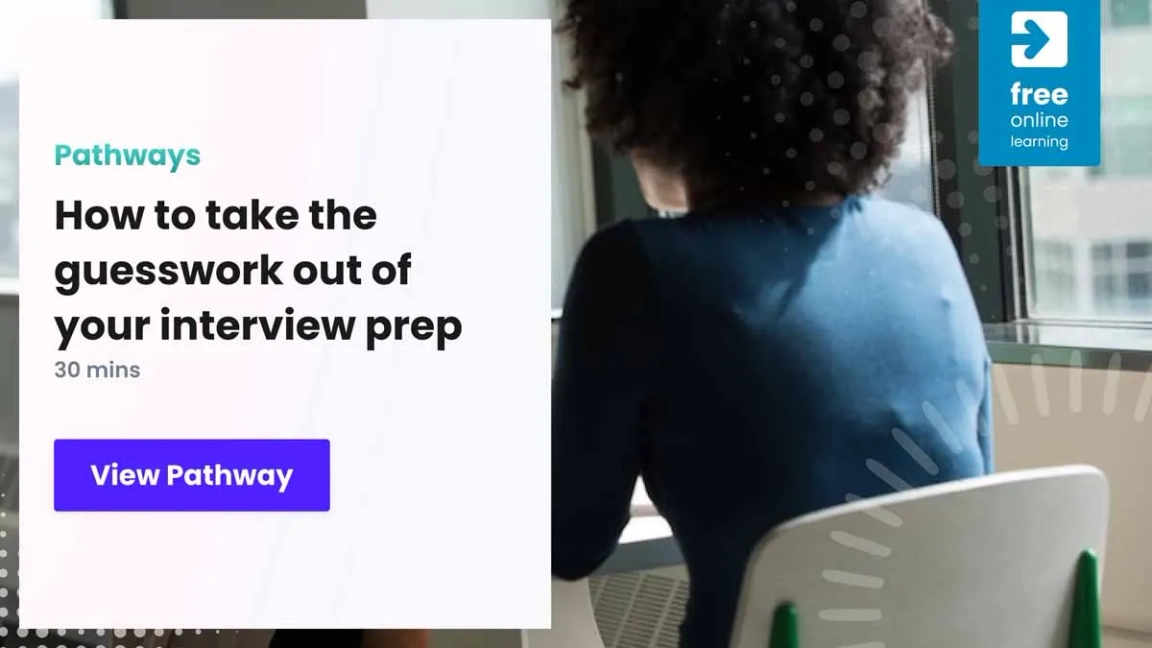Diversity, equality and inclusion
LGBTQ candidates and interview success: an expert’s view
4 Oct 2023, 11:06
Bryan Durkan, Principal Consultant with HRM Recruitment, shares his insights on how lesbian, gay, bisexual and transgender (LGBTQ) candidates can excel at interview. As a recruiter with years of experience headhunting top talent, Bryan knows a thing or two about interviews and what to expect.

gradireland Editorial advice
This describes editorially independent and impartial content, which has been written and edited by the gradireland content team. Any external contributors featuring in the article are in line with our non-advertorial policy, by which we mean that we do not promote one organisation over another.

